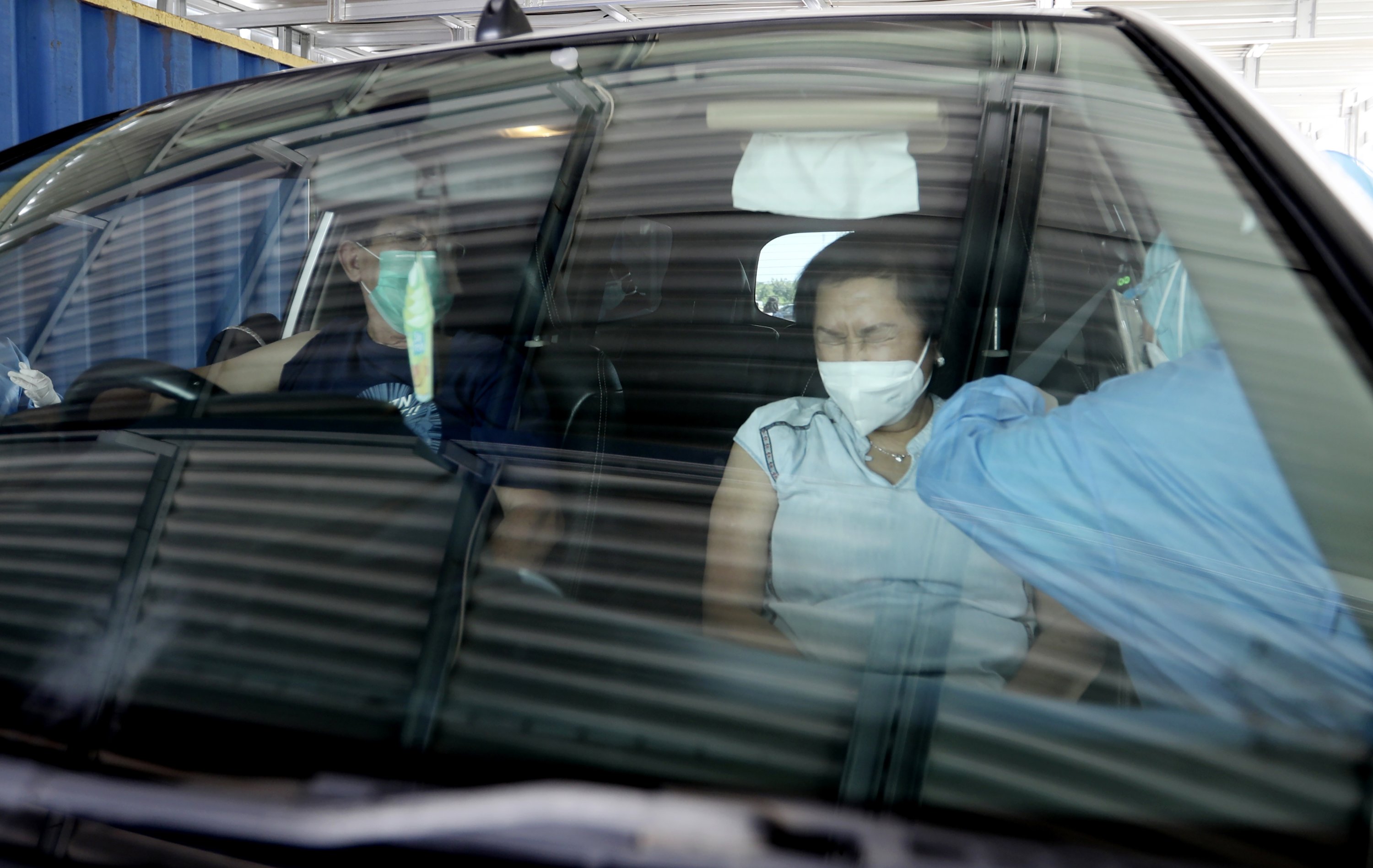© Turkuvaz Haberleşme ve Yayıncılık 2025
This week's roundup of some of the latest scientific studies on the coronavirus and efforts to find treatments for COVID-19 explores vaccine responses in pregnant and lactating women, establishes a link between pollen season and COVID-19 rates, and reveals longer-lasting kidney issues in patients.
Higher pollen concentrations in the air have coincided with increases in COVID-19 infection rates, a large study shows, suggesting a possible link.
Using data from 130 sites in 31 countries, researchers found that airborne pollen levels, sometimes in combination with humidity and temperature, accounted for up to 44% of the variability of COVID-19 infection rates during the spring of 2020. The effect was not connected with pollen allergies, the researchers said.
In a report published in the Proceedings of the National Academy of Sciences of the United States of America, they explained that in everyone, exposure to pollen reduces the ability of the respiratory tract lining to defend itself against viruses by diminishing the release of the antiviral protein interferon. The study also reports that under similar pollen concentrations, infection rates were halved when lockdown measures were in place because the lockdowns limited exposure to both the virus and the pollen that diminishes the immune response.
"As we cannot completely avoid pollen exposure, we ... encourage high-risk individuals to wear particle filter masks during high pollen concentrations," said co-author Athanasios Damialis of the Technical University of Munich, in Augsburg, Germany.

Pregnant and lactating women who received the mRNA vaccines from Pfizer/BioNTech or Moderna had immune responses similar to those seen in non-pregnant, non-lactating women, a new study found.
In all cases, the COVID-19 antibodies induced by the vaccines were transferred to the babies via the placenta or breast milk, according to a report published on medRxiv ahead of peer review. The researchers studied 84 pregnant women, 31 breastfeeding women, and 16 non-pregnant women who received the vaccines. Immune responses were equivalent in all three groups, and all three groups had higher antibody levels than another group of 37 women who were infected with the coronavirus while pregnant.
"Dampened response to vaccination has been noted in the past for other vaccines in pregnancy," said co-author Galit Alter of the Massachusetts General Hospital in Boston. She added that the study addressed an important question as COVID-19 vaccines are rolled out, given that there is currently "limited to no data on how they work in this population."
Pregnant and lactating women were not included in initial COVID-19 vaccine trials. A study testing the Pfizer-BioNTech vaccine in pregnant women got underway last month.
Sudden kidney problems from severe COVID-19 appear to be worse, and longer-lasting, than kidney problems that develop in other seriously ill patients, a new study found.
Doctors at five hospitals in the U.S. states of Connecticut and Rhode Island studied 182 patients with COVID-19-associated acute kidney injury (AKI) and 1,430 patients with AKI not associated with the coronavirus. The COVID-19 patients had steeper declines in their kidneys' ability to filter waste from the blood while hospitalized, the researchers reported.
In addition, among patients whose kidneys were still impaired at hospital discharge, those with COVID-19 were significantly less likely to have recovered to their pre-illness kidney status six months later, and their kidney function was predicted to decline over time at a faster rate than in the other patients.
The data, published in JAMA Network Open, shows that "acute kidney injury associated with COVID-19 has a worse prognosis than traditional acute kidney injury," said co-author Dr. Francis Perry Wilson of the Yale University School of Medicine. "Those with COVID-19 associated acute kidney injuries should probably be monitored more closely than others once they are out of the hospital."
